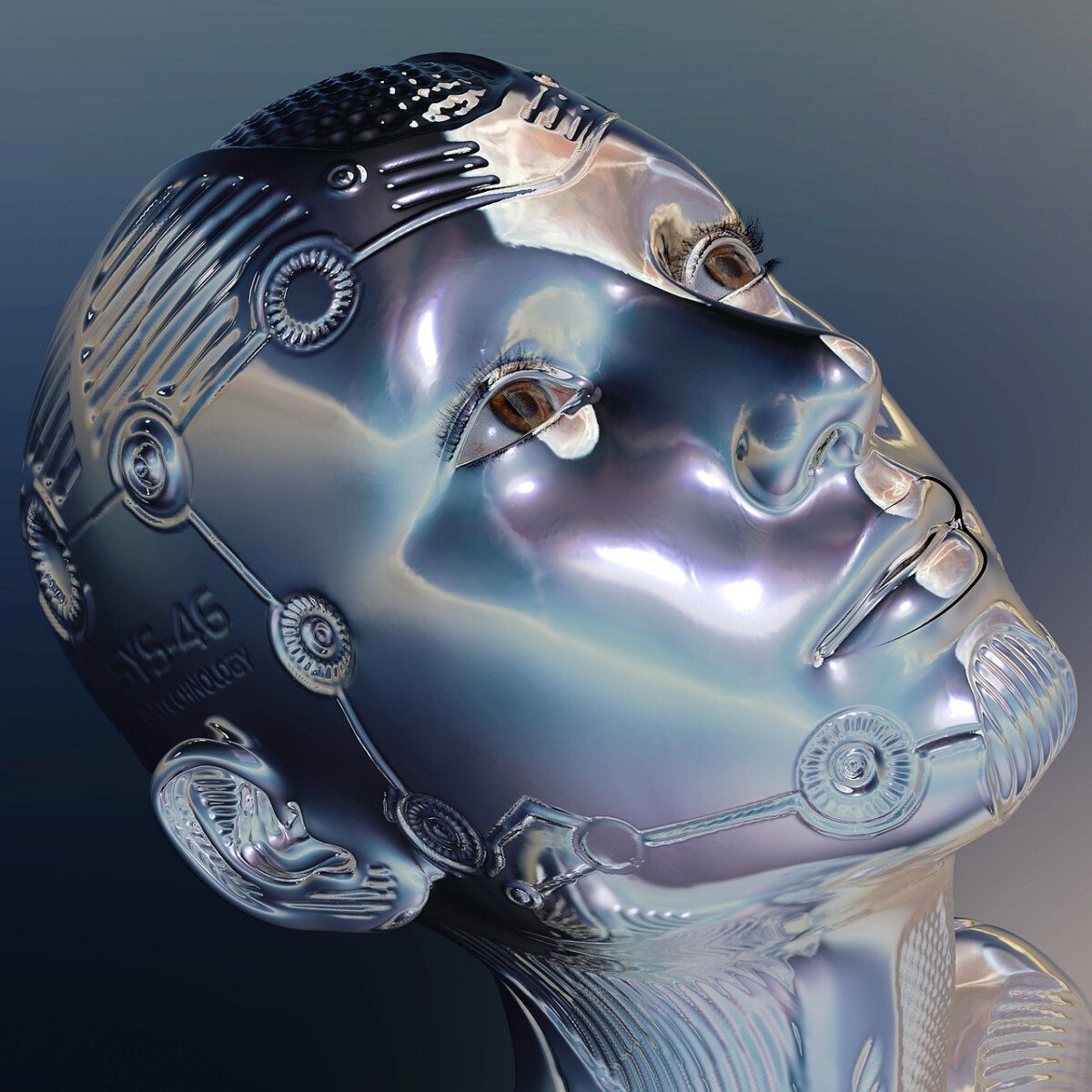The New Digital Divide: Who Gets Left Behind

The American Dream once meant anyone could climb the social ladder with hard work and determination. Today, that ladder has gone digital, and not everyone has access to the same rungs. According to the Federal Communications Commission’s 2024 Broadband Availability Report, approximately 21 million Americans still lack access to reliable high-speed internet. This digital divide creates a stark reality where your zip code determines your ability to participate in the modern economy. Rural communities face the biggest challenges, with some areas having internet speeds slower than dial-up from the 1990s. The gap isn’t just about connection speed anymore – it’s about who gets to participate in America’s technological transformation.
Remote Work Revolution: Geography No Longer Limits Success

The pandemic accelerated a trend that’s fundamentally changing where Americans can build their careers. Remote work has grown from 5% of the workforce in 2019 to over 35% in 2024, according to the Bureau of Labor Statistics. A software engineer in rural Montana can now earn Silicon Valley wages while living in a place where their dollar stretches three times further. This shift has created new opportunities for small-town America, with places like Bozeman, Montana and Boise, Idaho experiencing tech booms. However, this geographic freedom comes with its own challenges, as remote workers often struggle with isolation and the blurred lines between work and personal life.
The Gig Economy: Freedom or Financial Insecurity

Technology platforms have created entirely new ways to earn a living, but they’ve also redefined what job security means. The gig economy now employs over 57 million Americans, representing 36% of the workforce, according to a 2024 study by McKinsey Global Institute. Uber drivers, Airbnb hosts, and freelancers on platforms like Upwork can create income streams that didn’t exist twenty years ago. Yet this freedom comes at a cost – most gig workers lack traditional benefits like health insurance, paid time off, or retirement plans. The question becomes whether the flexibility of choosing your own hours compensates for the uncertainty of never knowing your next paycheck.
Artificial Intelligence: Job Killer or Job Creator

AI is simultaneously destroying and creating jobs at an unprecedented pace, reshaping what skills matter in the modern economy. Goldman Sachs research from 2023 suggests that AI could replace 300 million jobs globally, while also creating entirely new categories of work. Jobs requiring human creativity, emotional intelligence, and complex problem-solving are becoming more valuable than ever. Meanwhile, routine tasks across industries from manufacturing to customer service are being automated away. The American Dream now requires constant learning and adaptation, as workers must continuously update their skills to stay relevant in an AI-driven economy.
Homeownership in the Digital Age: Virtual Tours and Algorithmic Pricing

Technology has transformed how Americans buy homes, but it’s also made homeownership more challenging for many. Zillow’s Zestimate algorithm and similar tools have made property information more transparent, yet they’ve also contributed to rapid price inflation in many markets. According to the National Association of Realtors, the median home price increased by 47% between 2020 and 2024, partly driven by algorithm-based investing and digital platforms that enable instant cash offers. Virtual tours and online mortgage applications have streamlined the buying process, but they’ve also enabled investors to purchase properties sight unseen, often outbidding local families. The traditional dream of homeownership now requires competing against algorithms and institutional investors with deeper pockets.
Educational Disruption: Online Learning and Skill-Based Hiring

The four-year college degree is losing its monopoly as the gateway to middle-class prosperity. Companies like Google, Apple, and IBM now hire based on skills rather than degrees, with Google’s career certificates being accepted as equivalent to a four-year degree for many positions. Online learning platforms like Coursera and Udemy have democratized access to high-quality education, allowing people to learn in-demand skills from anywhere. However, this shift has created new challenges around credibility and quality control, as employers struggle to evaluate candidates with non-traditional educational backgrounds. The American Dream of education leading to prosperity is being redefined by technology, but the path is less clear than the traditional college route.
Healthcare Technology: Telemedicine and Wearable Devices

Technology is making healthcare more accessible while simultaneously creating new forms of inequality. Telemedicine usage increased by 3,800% during the pandemic and has stabilized at levels 38 times higher than pre-2020, according to McKinsey’s 2024 healthcare report. Rural Americans can now access specialists without traveling hundreds of miles, and wearable devices provide early warning signs for serious health conditions. Yet these advances often require smartphones, reliable internet, and digital literacy that not all Americans possess. The healthcare component of the American Dream – the ability to stay healthy and productive – is becoming increasingly dependent on your relationship with technology.
Financial Technology: Banking Without Banks

Fintech companies are revolutionizing how Americans save, invest, and access credit, often serving populations that traditional banks ignored. Apps like Chime and Cash App have over 50 million users combined, providing banking services without traditional brick-and-mortar branches. Robo-advisors have made investment management accessible to people with small amounts of money, while peer-to-peer lending platforms offer alternatives to traditional credit. However, the lack of federal deposit insurance for some fintech products and the potential for technical glitches creates new risks for consumers. The American Dream of financial security is being redefined by technology, but it requires new forms of digital literacy to navigate safely.
E-commerce and Entrepreneurship: The Amazon Effect

Technology has lowered the barriers to starting a business, but it’s also created new challenges for small entrepreneurs. Amazon’s marketplace allows anyone to sell products globally, while Shopify has enabled over 4.6 million businesses to create online stores as of 2024. Social media platforms like Instagram and TikTok have become powerful marketing tools that cost nothing but time and creativity. Yet success in e-commerce requires understanding complex digital marketing, supply chain management, and customer service automation. The entrepreneurial version of the American Dream is more accessible than ever, but it demands a completely different skill set than traditional business ownership.
Social Media and Personal Branding: Everyone’s a Content Creator

Social media has created new pathways to success, but it’s also added pressure to constantly perform and self-promote. Influencer marketing is now a $16.4 billion industry, according to Influencer Marketing Hub’s 2024 report, creating opportunities for people to monetize their personalities and expertise. LinkedIn has become essential for professional networking, while platforms like YouTube and TikTok can launch careers overnight. However, this constant need for personal branding can be exhausting and psychologically damaging, particularly for younger Americans who feel pressure to document and monetize every aspect of their lives. The American Dream now includes an element of performance that previous generations never faced.
Cybersecurity and Privacy: The Hidden Costs of Digital Life

As Americans become more dependent on technology, cybersecurity threats have become a significant barrier to achieving economic stability. The FBI’s Internet Crime Complaint Center reported that Americans lost $12.5 billion to cybercrime in 2023, with individuals bearing much of this cost. Identity theft, ransomware attacks, and financial fraud can devastate families’ economic prospects in ways that previous generations never had to consider. The American Dream now requires digital literacy not just for opportunity, but for protection against new forms of economic predation. Privacy has become a luxury good, with wealthy Americans able to afford better security while others remain vulnerable to digital exploitation.
Climate Technology and Green Jobs: The Sustainable Future

The transition to clean energy is creating new industries and career paths that didn’t exist a decade ago. The solar industry alone employed over 346,000 Americans in 2023, according to the Solar Foundation’s National Solar Jobs Census. Electric vehicle manufacturing, battery technology, and smart grid systems are generating high-paying jobs in both urban and rural areas. However, these opportunities often require technical training and education that workers in declining industries may not possess. The American Dream is being redefined by the urgent need to address climate change, creating both opportunities and challenges for workers in traditional fossil fuel industries.
Smart Cities and Urban Planning: Technology Reshaping Communities

Technology is transforming how Americans live in cities, from smart traffic systems to app-based public transportation. Cities like Columbus, Ohio and San Antonio, Texas have implemented smart city initiatives that use data to improve everything from waste collection to emergency response times. These improvements can enhance quality of life and create new economic opportunities, but they also raise concerns about surveillance and digital privacy. The American Dream of community and civic participation is being mediated by technology in ways that previous generations couldn’t have imagined. Success in modern cities increasingly requires comfort with digital interfaces and data sharing.
Conclusion: Navigating the Digital American Dream

Technology has fundamentally altered what it means to pursue the American Dream, creating both unprecedented opportunities and new forms of inequality. The democratizing power of the internet has enabled people to build careers, start businesses, and access services in ways that were impossible just two decades ago. Yet this same technology has created new barriers, from digital literacy requirements to cybersecurity threats that disproportionately affect vulnerable populations. The American Dream hasn’t disappeared – it’s been coded into algorithms, uploaded to the cloud, and transformed into something that requires constant adaptation and lifelong learning. What remains constant is the human desire for prosperity, security, and opportunity, even as the tools and pathways to achieve these goals continue to evolve at digital speed.




